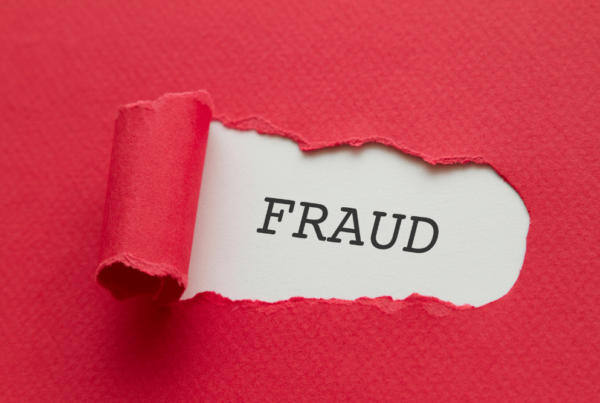FEDERAL CRIMES
Federal Bank Robbery Defense Attorneys
18 USC §2113
18 U.S.C. §2113: Bank Robbery and Incidental Crimes
Prior to the COVID-19 pandemic, an individual entering a bank with a face covering would have drawn suspicion. As U.S. businesses respond to the ongoing pandemic, banks face a unique danger – the heightened potential for bank robberies. Would-be bank robbers can now obscure their identity with relative ease. 18 U.S.C. §2113 remains the tool federal prosecutors use to convict those accused of bank robbery and incidental crimes…
This statute defines six distinct crimes:
- bank robbery
- entering to commit bank robbery or another felony
- bank theft
- possession of stolen bank money or property
- armed bank robbery
- kidnapping or murder during a bank robbery.
What kind of conduct does §2113 prohibit?
- 2113 prohibits not only the commission of the crime, but also the attempt to commit the crime. In fact, a defendant does not even have to enter the bank to be charged with a crime under this statute. Merely attempting to enter a bank with the intent to commit a felony or larceny (the taking and carrying away of property) is also a crime under §2113. Furthermore, attempting to enter a bank in this scenario carries the same penalties as actually robbing a bank. Bank robbery itself prohibits the taking or attempting to take money or any property of value belonging to or under the control of the bank with an actual use of force and violence, or intimidation. A mere attempt to use force and violence, or intimidation is insufficient (United States v. Thornton). Additionally, individuals who obtain or attempt to obtain money or valuable property using extortion can also be charged under §2113.
If, during the commission or attempted commission of a §2113 crime, a defendant assaults or jeopardizes the life of another person using a dangerous weapon or device – which could include an unloaded handgun, a BB gun, or even a hoax bomb – the defendant could be charged with armed bank robbery, facing steeper penalties. If someone is kidnapped or killed in this process, a defendant could face the steepest penalties enforced under §2113.
- 2113(b) defines bank theft as the taking of money or property worth more than $1,000 from a bank, without the use of force. It also defines the lesser included misdemeanor – when the money or property is worth $1,000 or less. A defendant does not have to actually be the one who robbed the bank to be charged with a crime under §2113. A person who knowingly receives or disposes of any stolen money or property worth more than $1,000 could also be charged with a crime under §2113(c).
What institutions are covered under §2113?
- 2113 covers banks and other financial institutions whose deposits are federally insured by agencies such as the Federal Deposit Insurance Corporation (FDIC) or the National Credit Union Administration. Over 5,000 banks, local bank branches, credit unions, savings and loans associations and other financial institutions are federally insured.
What are the penalties?
Under §2113, convictions of bank robbery, entering, armed bank robbery, and killing during a robbery carry the steeper penalties. Bank robbery and entering to commit both carry a maximum sentence of 20 years in prison and fines up to $250,000. Armed bank robbery carries a slightly steeper maximum sentence of 25 years in prison and fines up to $250,000. While kidnapping during a bank robbery carries a maximum sentence of 10 years in prison, if death occurs during a bank robbery, the maximum sentence increases to life in prison or death, both include fines up to $250,000.
Comparatively lower penalties are associated with convictions of bank theft and possession of stolen bank money or property, which both carry a maximum sentence of 10 years in prison and fines up to $250,000. However, if the value of the stolen money or property is $1,000 or less, the maximum sentence falls to one year in prison and fines up to $100,000.
For each offense, fines may be increased if the defendant experienced monetary gains from the offense.
Trends in Bank Robbery
Since the 1990’s, bank robberies have declined as banks and other financial institutions have combined the use of increasingly sophisticated electronic methods of security with changes in their practices. This allows law enforcement responding to robberies or related attempts to gather ample evidence, suggested by the high prosecution and conviction rates of §2113 violations. Despite this decline, numerous bank robberies continue to occur. In 2018, according to the FBI, there were 3,033 reported crimes charged under §2113. Of these, 108 occurred in Illinois.
White Collar Crimes
Recent Posts






